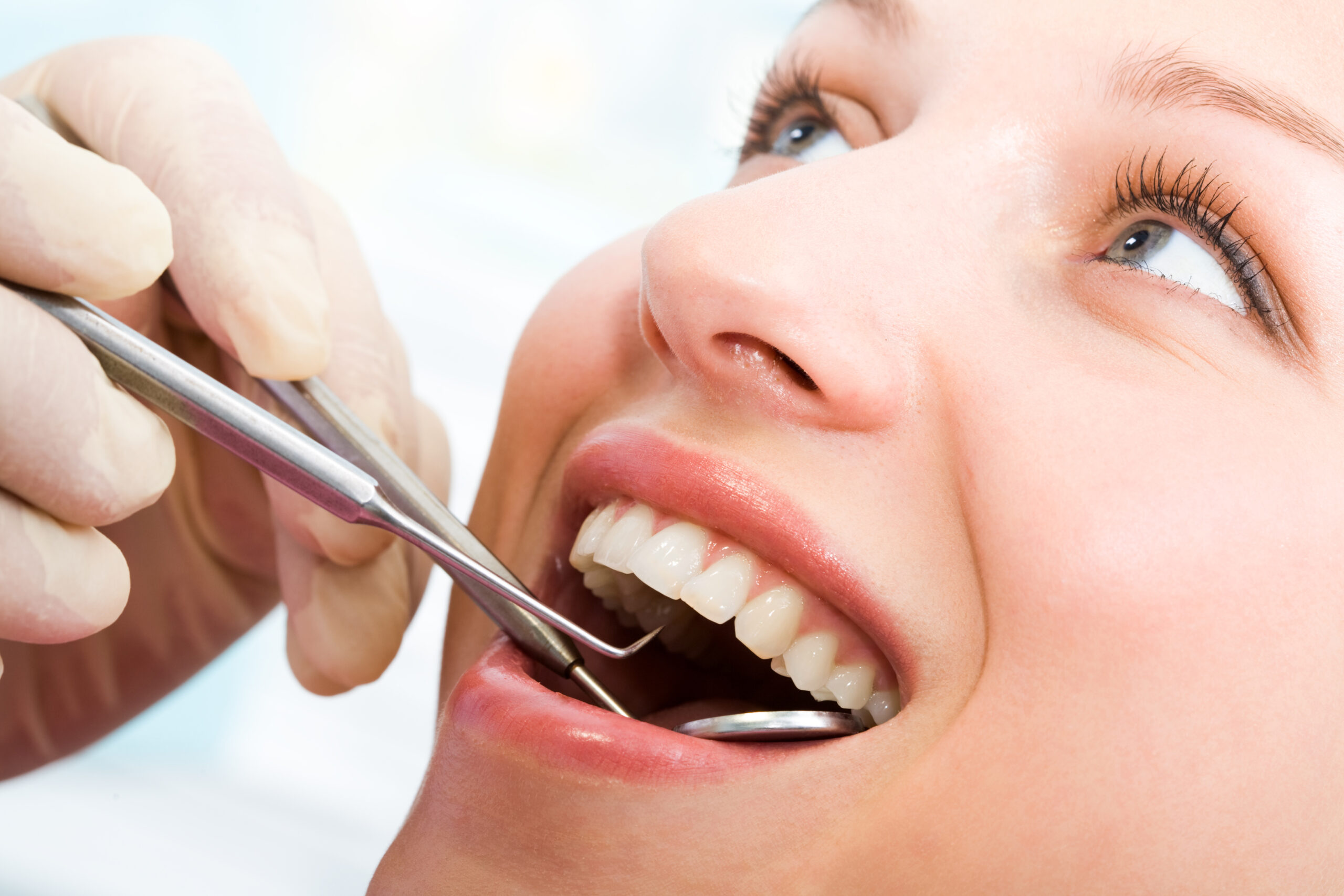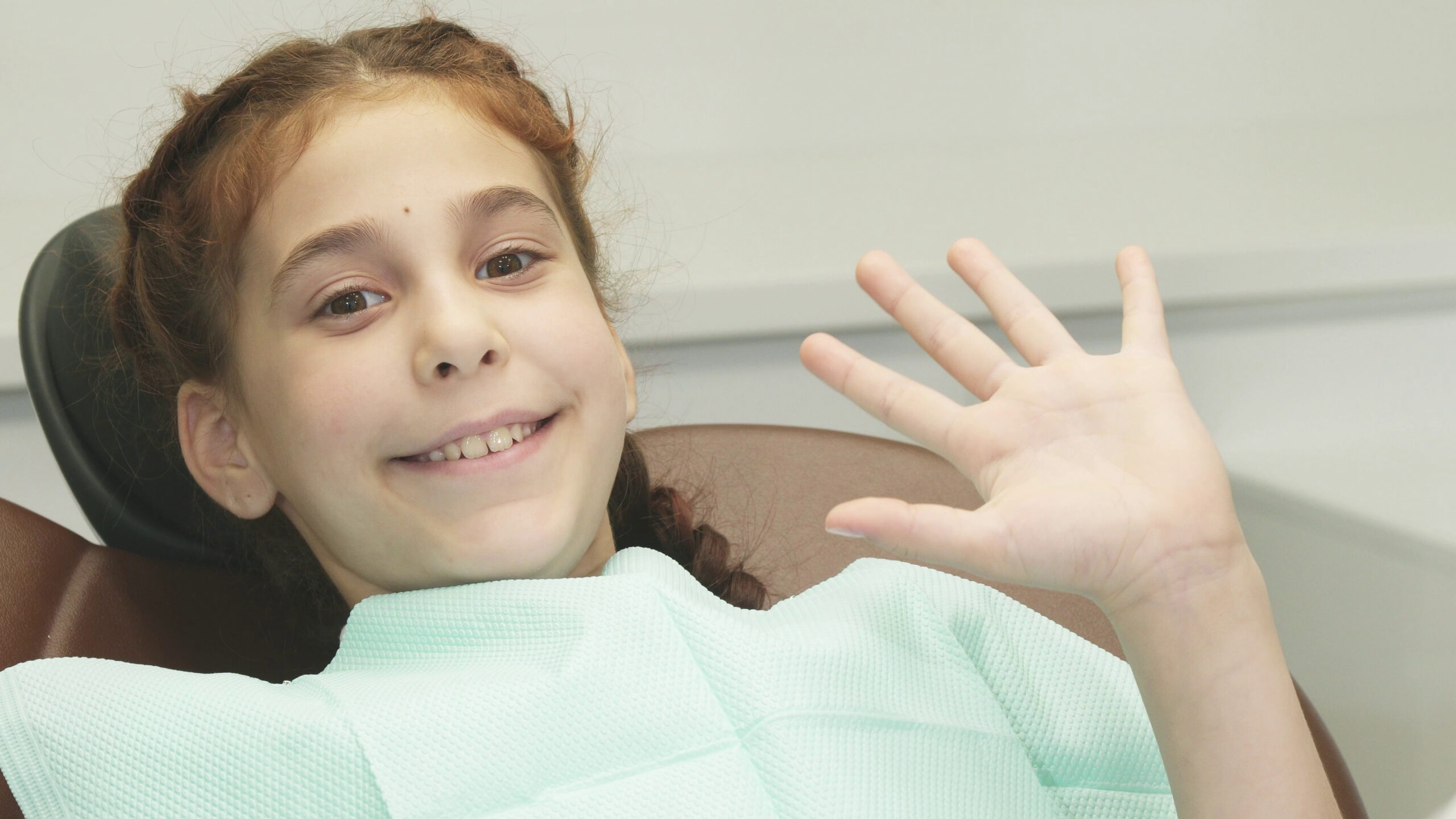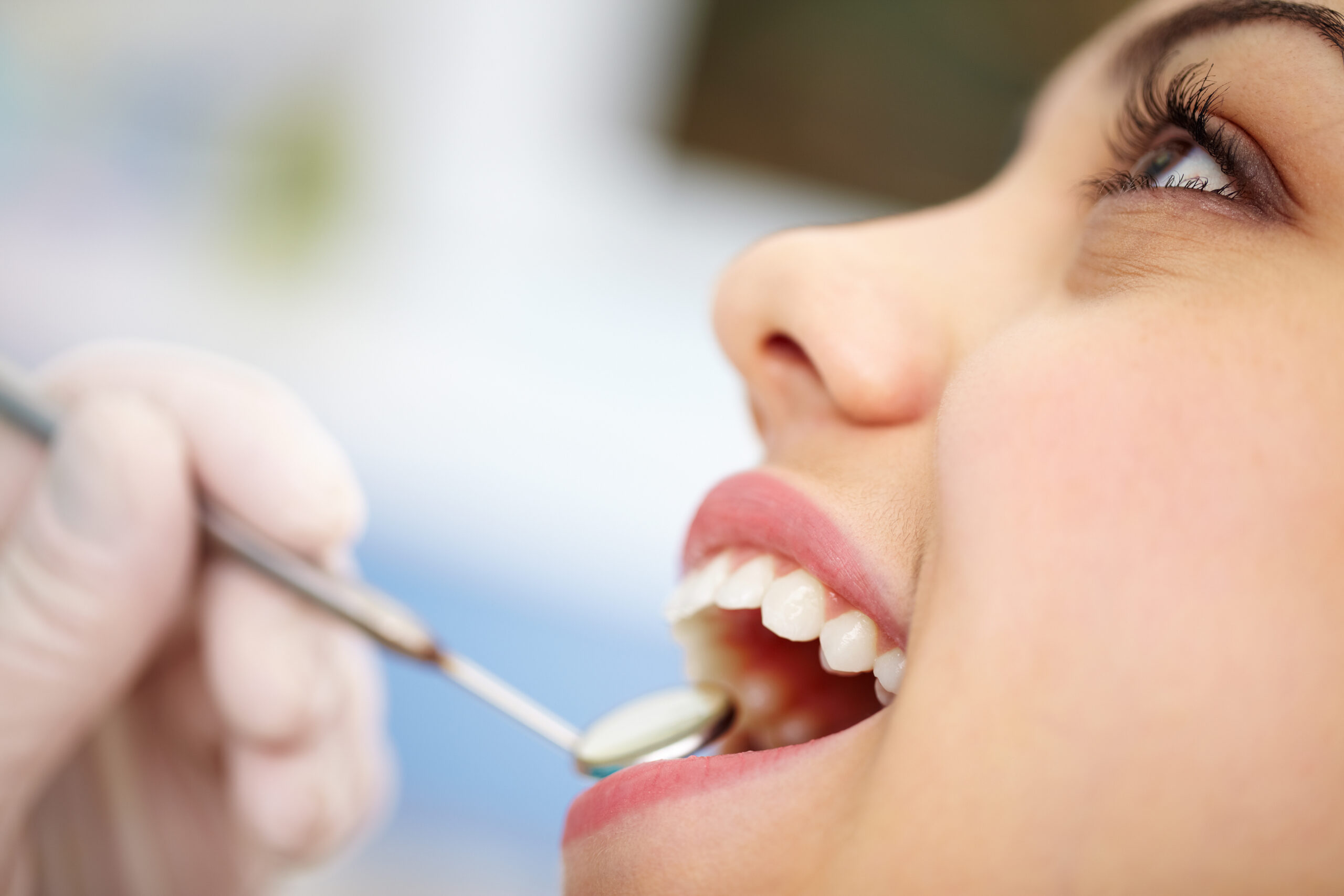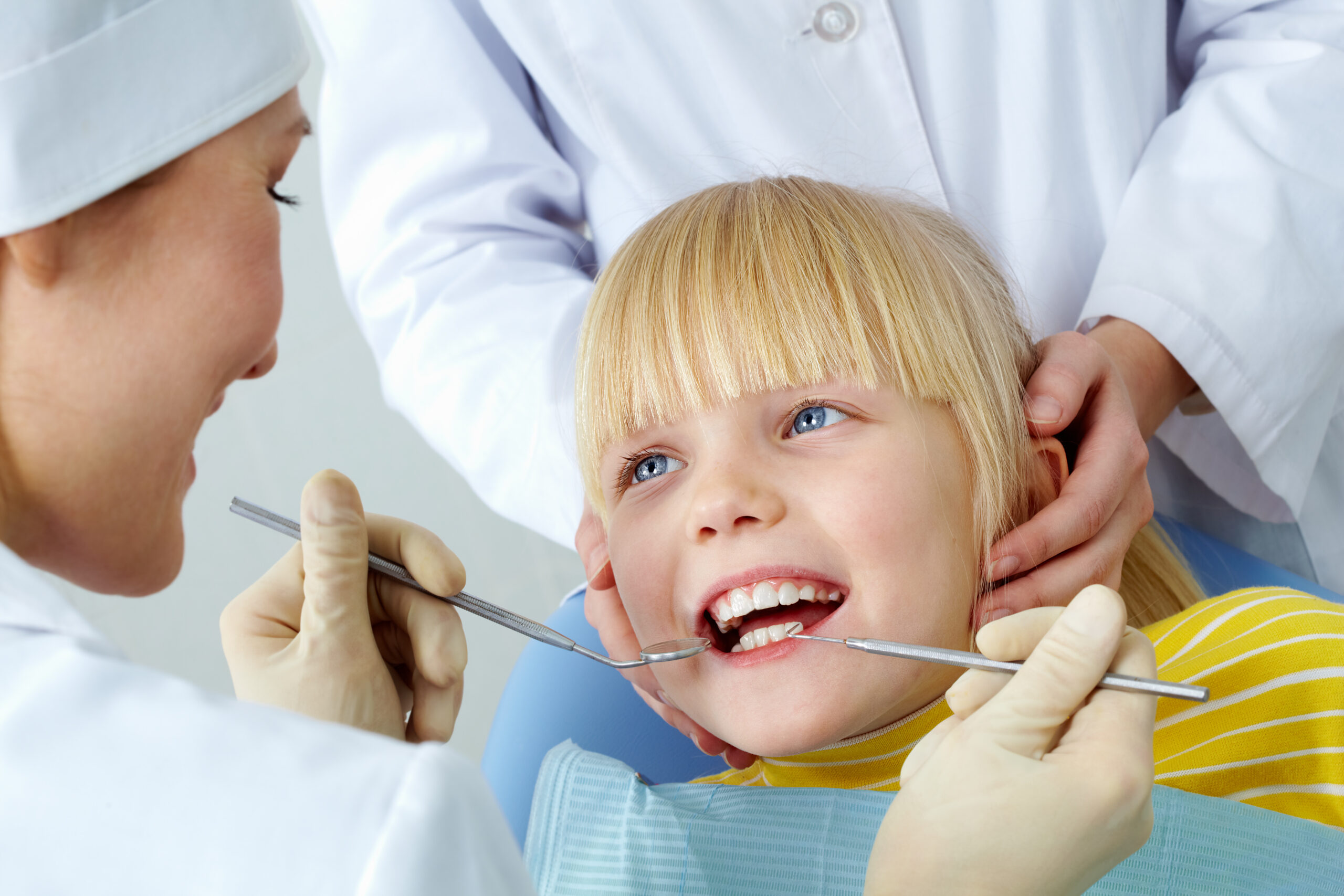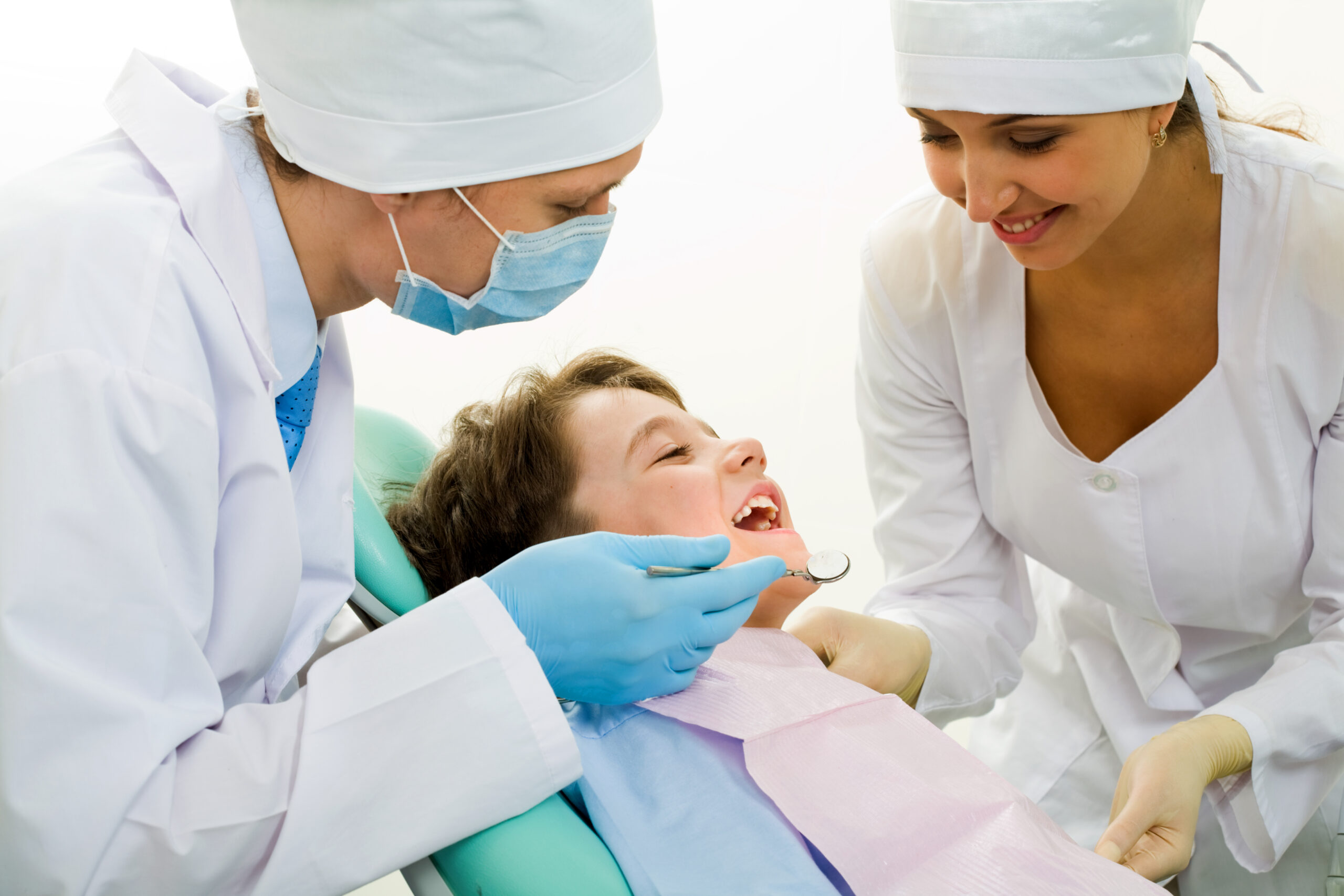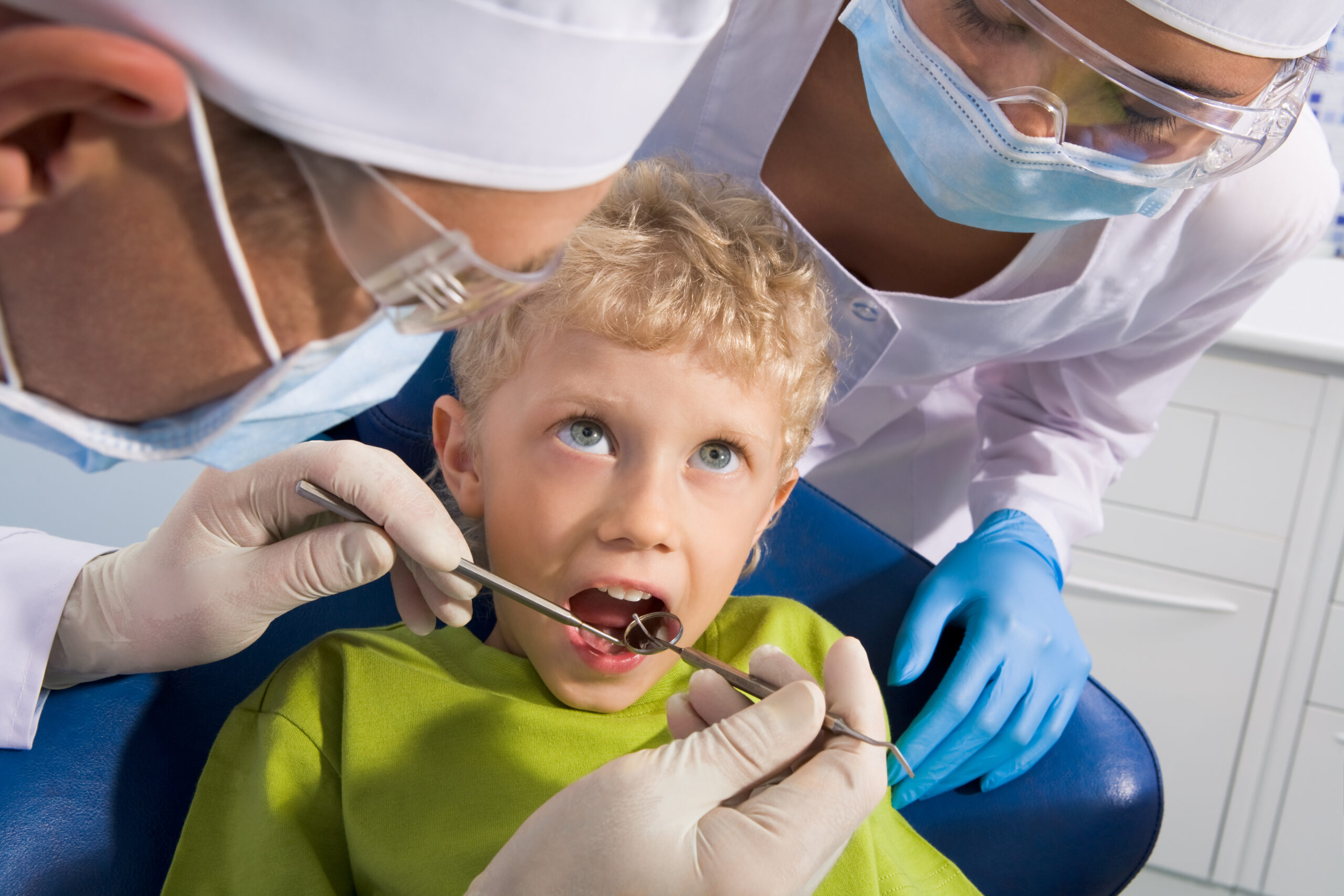
The Best Dental Routine for Small Children
June 17, 2024 ABC Children's Dentistry
Children under the age of 12 can have a good dental routine just as easily as adults. Establishing a robust dental routine for small children is very important for their overall health and well-being. Early dental care not only prevents cavities and other oral diseases but also instills lifelong habits that contribute to better dental hygiene.
Parents sometimes need help in figuring out the key components of an effective dental routine for small children. Here is a helpful list that parents can use to ensure that their children have healthy smiles throughout their formative years!
- Begin Early. Dental care should start as soon as the first tooth appears, typically around six months of age. Gently wipe the baby’s gums with a clean, damp cloth after feedings to remove bacteria and sugars that can lead to decay. As children become older, they can take on more of the responsibility for healthy teeth and gums.
- Brushing Twice Daily. Once teeth appear, brush them twice a day using a soft-bristled, age-appropriate toothbrush. For children under three, use a rice-sized amount of fluoride toothpaste. For children aged three to six, a pea-sized amount is sufficient. Do not put too much toothpaste on their brushes, as swallowing fluoride toothpaste is not recommended. Brush in gentle, circular motions covering all surfaces of the teeth and along the gum line. For young children, parents should supervise and assist to ensure proper technique and thorough cleaning.
- Flossing is not taught as regularly as brushing, but it is just as important. Begin flossing once a child has two teeth that touch. Use a gentle, back-and-forth motion to clean between the teeth. This helps remove plaque and food particles that a toothbrush cannot reach. Parents can help children floss until they are older.
- Diet and Nutrition. Limit sugary foods and drinks. Sugary snacks and beverages are a major cause of tooth decay. Limit these items and encourage healthy alternatives like fruits, vegetables, and dairy products, which are beneficial for dental health. In addition, water, particularly fluoridated water, is the best beverage for overall health. It helps wash away food particles and reduces the risk of tooth decay.
- Regular Dental Checkups. Schedule the first dental visit by the child’s first birthday. Regular checkups, typically every six months, are essential. These visits allow the dentist to monitor the child’s oral development, provide professional cleanings, and apply fluoride treatments if necessary.
- Avoiding Harmful Habits. There are several habits that can cause problems with tooth formation and growth. Prolonged thumb sucking and pacifier use can affect the alignment of teeth and the shape of the mouth. Encourage children to stop these habits by age three. For children involved in sports, wearing a mouthguard can prevent dental injuries.
- Education and Positive Reinforcement. Teaching children about the importance of dental hygiene can motivate them to maintain good habits. Use educational tools like storybooks, videos, and songs. Positive reinforcement, such as praise or small rewards, can also encourage compliance with their dental routine.
Creating a consistent and comprehensive dental routine for small children sets the foundation for a lifetime of healthy teeth and gums. It involves starting dental care early, establishing good brushing and flossing habits, maintaining a healthy diet, scheduling regular dental visits, and educating children on the importance of oral hygiene. With diligence and proper guidance, parents can help their children achieve and maintain excellent dental health.
At ABC Children’s Dentistry, we are committed to helping parents build a lifetime habit of good oral healthcare. Call us today to schedule your child’s appointment!

